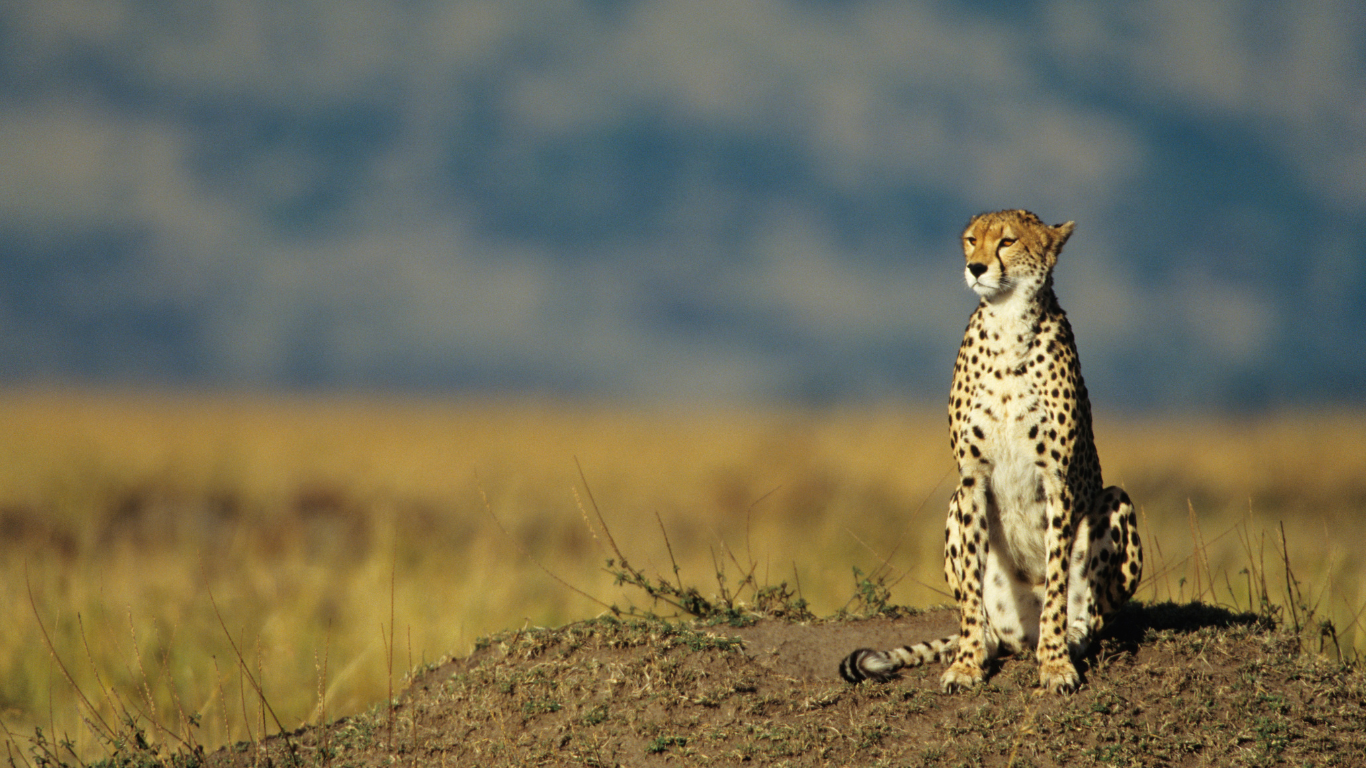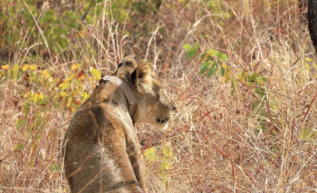
Conserving Large Carnivores And The Ecosystems In Which They Reside
The Zambian Carnivore Programme (ZCP) is a non-profit organisation with the aim to conserve Zambia’s large carnivores and the ecosystems they reside in through science, action and strengthening local leadership.
We began supporting ZCP in 2023 with the funding of valuable equipment for their researching initiatives.
Satellite Tracking Collars for Intensive Carnivore Monitoring
(ZCP) mission is to conserve Zambia’s large carnivores and the ecosystems in which they reside through conservation science, conservation action, promoting human-carnivore coexistence, and developing local conservation leadership. They focus on the country’s major populations of lions, wild dogs, cheetahs, hyenas, and leopards found in five ecosystems across the country: 1) Luangwa Valley Ecosystem (including South and North Luangwa National Parks); 2) Greater Kafue Ecosystem (including Kafue National Park); 3)Greater Liuwa Ecosystem (including Liuwa Plain National Park); 4) Greater Kabompo Ecosystem (including West Lunga National Park); and 5) Greater Nsumbu Ecosystem (including Nsumbu National Park). Their work constitutes some of the continent’s longest and most productive field-based carnivore conservation projects. The information we collect informs and influences conservation policy and action, including, anti-snaring, anti-wildlife trafficking, human-wildlife conflict mitigation, land-use planning, and species restoration.
A newly collared female of the Chinzombo pride.
Locations of the PDC Inc. collared carnivore groups in the Luangwa Valley Ecosystem.
Camera Trap Surveys and Den Monitoring
In addition to camera traps used for general wildlife surveys and leopard monitoring, cameras placed at dens permit early accurate estimates of litter size, survivorship, and identifications before any potential mortalities could go undetected and can also provide key insights into mortalities/disturbances caused by other predators or people. Camera’s are kept on the dens until the pups become mobile and leave the den to travel with the pack. Thirty of the camera traps were distributed for camera trap surveys to Kafue and Luangwa. Twenty of the cameras for den monitoring were deployed - 11 in Luangwa, 7 in Kafue, and 2 cameras for monitoring the den of the reintroduced wild dog pack in Liuwa.
Since 2023 the Trust has helped:
Fund 20 satellite collars ZCP to locate and monitor as many carnivore groups as possible
Fund 50 camera traps continue to monitor carnivore groups and herbivore species in four ecosystems
Fund the salary of a Data Manager responsible for collation, processing and analysis
Camera trap images of the surviving den of the Liuwa wild dog pack showing lions attempting to enter the den to reach the pups (left side of image), but the pups still alive the following day. Lions are a main cause of mortality for wild dogs.
Setting up a camera trap in the north of Kafue National Park.





